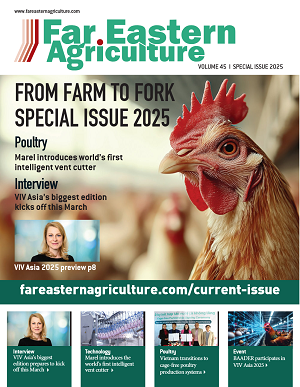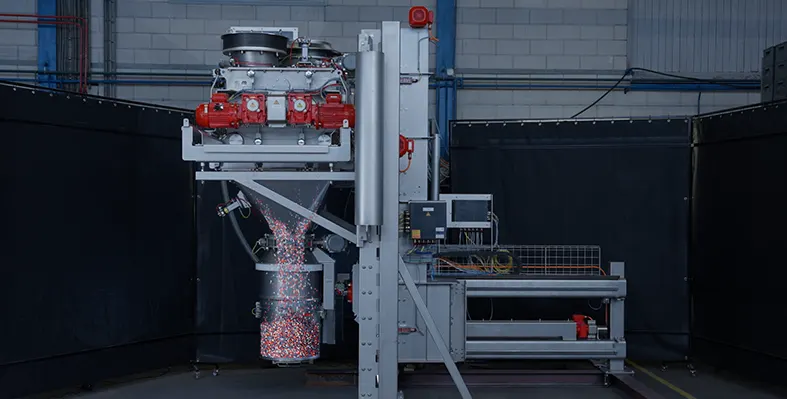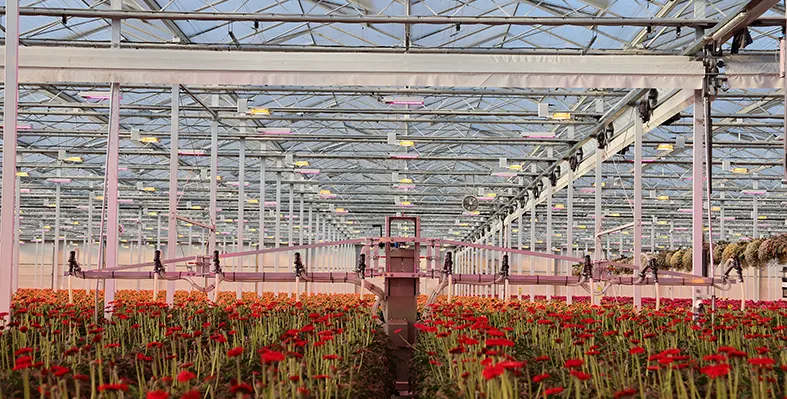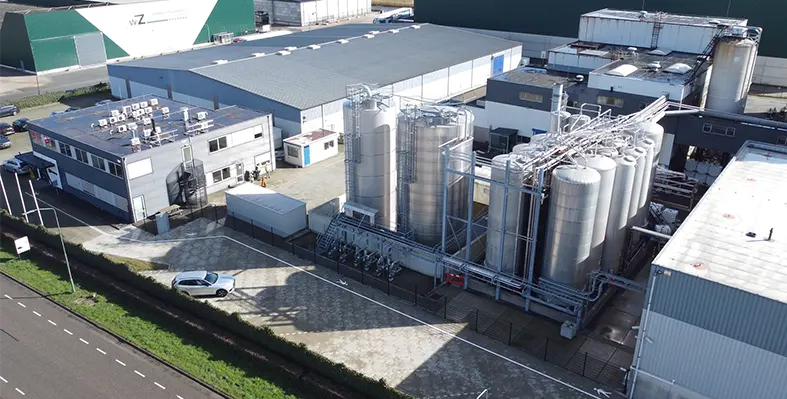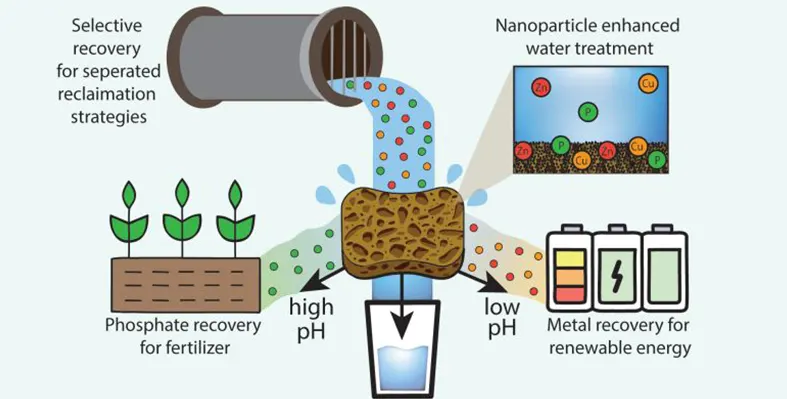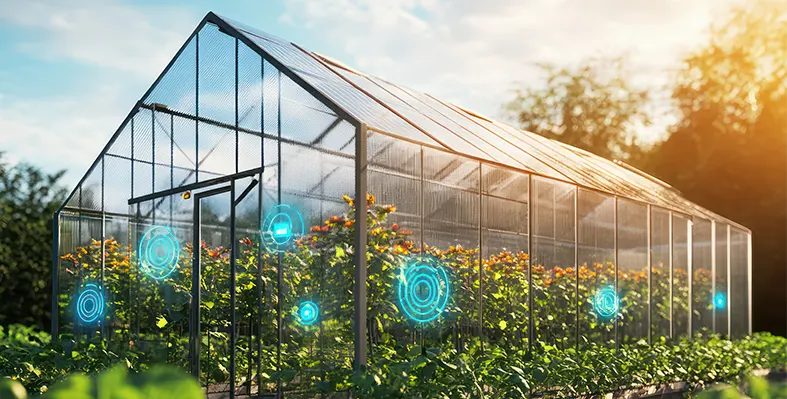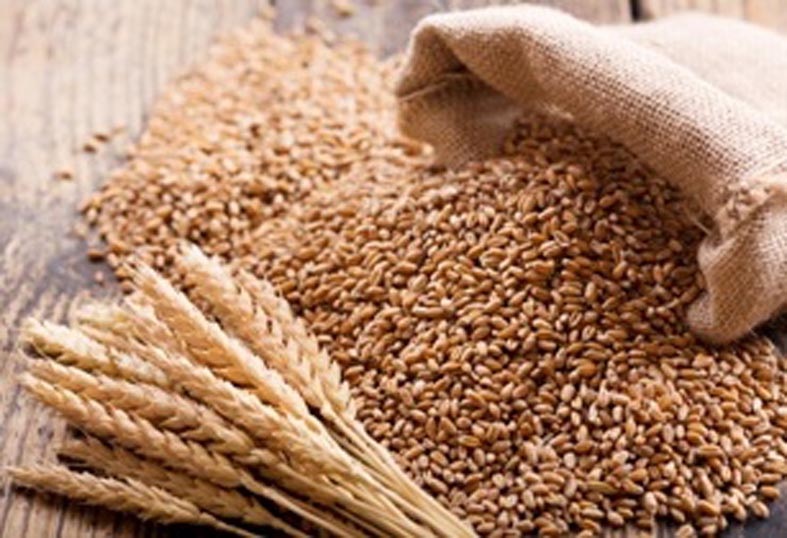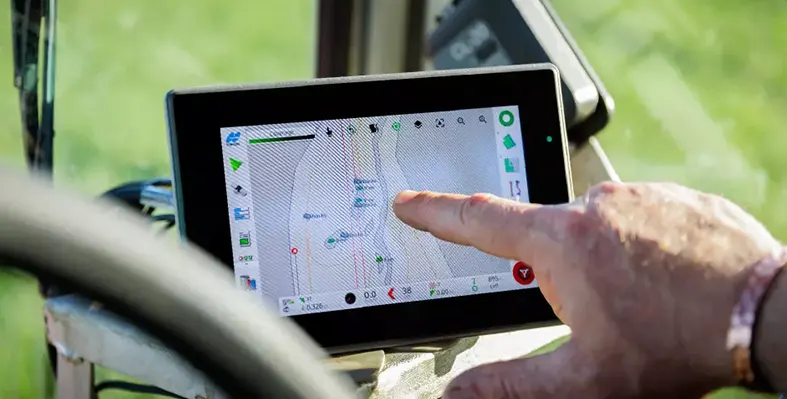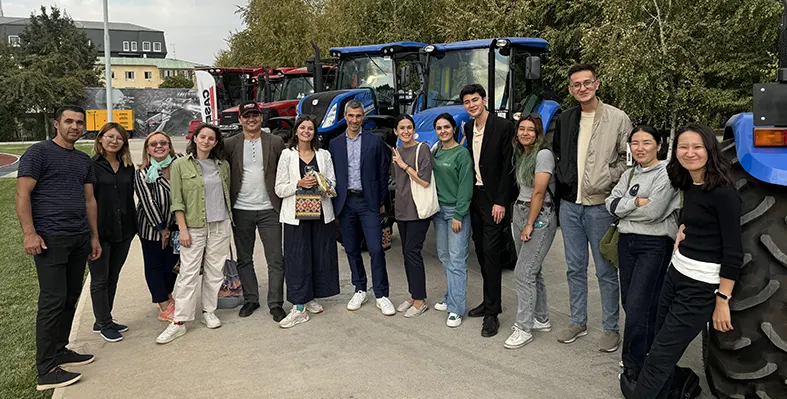In The Spotlight
Prime Minister Dhan-Dhaanya Krishi Yojana: A game changer for rural development
In a significant step towards empowering India’s agricultural sector, the Union Cabinet, under the supervision of Prime Minister Narendra Modi, has approved the ‘Prime Minister Dhan-Dhaanya Krishi Yojana’
The scheme, set to from 2025-26 financial year, targets 100 selected districts, marking a pioneering initiative aimed solely on agriculture and its allied sectors. It focuses to transform agricultural practices and productivity, especially in regions with underperforming agriculture. These 100 districts will be chosen based on three key factors: low productivity, low cropping intensity, and limited access to agricultural credit. The allocation of each state will depend on the proportion of net cropped area and the number of operational holdings, ensuring that every state and Union Territory is represented by at least one district.
The main agenda of the Dhan-Dhaanya Krishi Yojana are to improve agricultural productivity, encourage crop diversification, and promote sustainable farming practices. The scheme will also work to improve irrigation systems, strengthen storage infrastructure at the block and panchayat levels, and facilitate both short-term and long-term credit access for farmers.
A standout feature of the scheme is its convergence approach, which brings together 36 existing initiatives from 11 central departments into a unified framework. This integrated development plan will also involve collaboration with state-level efforts and private sector partnerships.
On the ground, a three-tier committee system will be set up at the district, state, and national levels to ensure effective planning, coordination, and monitoring. At the district level, the District Dhan-Dhaanya Samiti, including progressive farmers, will be tasked with creating localised plans that align with national objectives, such as soil and water conservation, promoting organic farming, and achieving agricultural self-sufficiency.
To guarantee transparency and accountability, the progress of each district will be tracked using 117 Key Performance Indicators (KPIs), monitored through a digital dashboard on a monthly basis. Central Nodal Officers will be appointed for each district to conduct regular assessments, with NITI Aayog playing a key role in guiding and evaluating the implementation at the district level.
This multi-stakeholder approach promises to bring significant improvements to India’s agricultural landscape, making it a comprehensive, integrated effort to foster long-term agricultural growth.
Navigating the future of hydroponics and vertical farming in Malaysia
Urban farmers in Malaysia, particularly those operating hydroponic systems on vertical farms in Penang, Johor, and Sabah, face several challenges despite various government support measures such as subsidies, price regulations, and other protective policies
These farmers are grappling with issues stemming from government policies and legislative controls, volatile market dynamics, financial constraints, operational limits, and environmental factors. As one farmer notes, "We are facing several challenges, even with the existing subsidies and price regulations. The market is unpredictable, and there are many operational and financial barriers that prevent us from growing our businesses." These issues remain prevalent despite the efforts aimed at supporting local farming. The need for more efficient and accessible capital-raising methods is a key concern. Urban farmers are finding it increasingly difficult to secure the financial resources necessary to sustain operations, expand their ventures, and address ongoing challenges.
One of the primary hurdles is securing funding. To overcome this, there is a growing call for more streamlined and innovative financing options. Traditional financing methods are often not suited to the specific needs of urban farmers, who require capital to grow their operations quickly and effectively. As a result, there is increasing interest in leveraging global financial blockchain networks, agro-tokens, and expanding agro-lending options to support these farmers.
Blockchain technology, in particular, has garnered attention for its potential to facilitate secure and transparent financial transactions, helping to ease the process of obtaining funds. The use of agro-tokens is another emerging solution, offering urban farmers a new avenue for raising capital in a decentralised and efficient manner. These methods are gaining prominence in light of Malaysia's increasing focus on urban farming as a strategy to boost crop yields, stabilise food prices, and reduce the risks associated with food security.
As Malaysia seeks to enhance its urban farming sector, it is clear that innovative financial tools and expanded lending opportunities will be crucial in overcoming the barriers faced by urban farmers. By adopting these forward-thinking solutions, urban agriculture can flourish, contributing to the nation’s food security while offering sustainable growth for local farmers.
Unlocking Potential: The China-Spain Supply Chain Partnership
The China-Spain Economic and Trade Forum and a roadshow for the third China International Supply Chain Expo (CISCE) were held in Madrid on June 10
The event attracted representatives from trade and investment promotion agencies, and companies from both countries.
Ren Hongbin, China Council for Promotion of International Trade (CCPIT) Chairman, stated that the visit to Spain aims to implement the vital consensus made by the leaders of both countries and further enhance their economic and trade relations. He emphasised that this initiative seeks to build a stronger and more dynamic comprehensive strategic partnership between China and Spain.
The Spanish business community has recognized China's role in fostering stability and cooperation in the global supply chain. Spanish companies articulated their eagerness to capitalise on their strengths in logistics, manufacturing, and energy. They also expressed their intention to participate in the upcoming CISCE actively.
During the forum, representatives from the China International Exhibition Center Group presented specific information about the third CISCE. They also signed cooperation agreements with Spanish institutions and businesses. The third CISCE is scheduled to take place from July 16-20, 2025, in Beijing. The event will highlight six key industrial chains: advanced manufacturing, clean energy, smart vehicles, digital technology, healthy living, and green agriculture. It will also feature a dedicated supply chain service area.
Ren Hongbin ended by reiterating the importance of this collaboration, stressing the need for both countries to work together to expand their economic ties and explore new opportunities in various sectors.
"Through this visit, we hope to implement the important consensus reached by our leaders and continue to strengthen the China-Spain relationship in trade and investment," Ren said.
The CISCE is going to play a vital role in empowering China's position as a global leader in supply chain innovation, fostering deeper international cooperation and creating new opportunities for companies worldwide.
INDO AGROTECH 2024 EXPO & FORUM
Venue:
Jakarta
Indonesia
Dates:
17-19 July 2024
Website:
https://indoagrotech.id/
Innovative horticulture solutions emerging from China's second belt
A new greenhouse project in Leping, China, brings together multiple innovative agricultural techniques, spearheaded by Growing Smart Technologies
The project, which spans 6.5 hectares, will serve both the city and the province, demonstrating the potential of various technologies and crops on a commercial scale. The greenhouse will feature strawberries grown on hanging gutters, lettuce cultivated using Nutrient Film Technique (NFT) and a nursery for young plants.
Roy Peleg of Growing Smart Technologies, said, "Other than being technologically possible, we also want to make sure that it will be feasible economically." He highlights China's growing horticultural industry, particularly in its western regions, which have seen rapid expansion in recent years. "The economic growth has been rapid, and the fascination for safe and quality-grown food is high," Peleg adds, reflecting on his experiences in China since 2003.
The greenhouse is divided into four distinct zones, catering to the high demand for strawberries in China and other crops such as tomatoes, cucumbers, and melons. These will be grown under an F-Clean roof, which offers advantages over traditional glasshouses, particularly in the region's harsh winters and humid summers. Peleg explains, "F-clean coverage provides more advantages than a glasshouse, especially if you have to deal with natural ventilation." The project also includes a hydroponic lettuce zone and a nursery to support the local agricultural community.
A significant feature of the project is its alignment with Global GAP guidelines, even though these standards are not yet required in China. Peleg states, "We want this project to be prepared for the future and to teach the staff at the site how to work on common standards in growing."
After completing the greenhouse, Growing Smart Technologies will provide ongoing support for two years, including maintenance and crop management training. The facility will also include a visitor area to showcase the project's techniques without direct access to the greenhouse.
Roy Peleg is confident that this project will help drive the development of China's high-tech horticulture sector forward. "We demonstrate the basic monitoring systems and the various soilless growing systems, including the strawberry gutters," he explains. "Then there's the nursery with the overhead irrigation and gutter booms." With further research on crop varieties and climate strategies, the team aims to prepare the project for long-term success.
Despite China's rapid pace of development, Peleg concludes, "In China, construction projects can be realized rapidly. That's different from horticulture." The goal is to prove that high-tech horticulture can thrive in China, technically and economically.
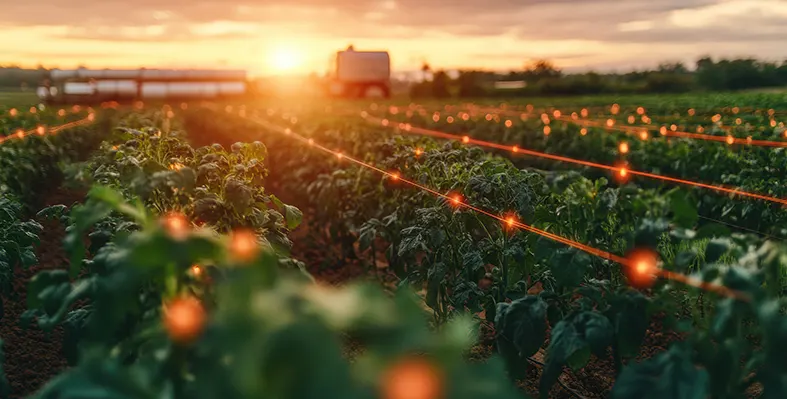
The partnership will unlock new avenues for impact across food systems, carbon resilience, and soil health.
Luminis and Forvis Mazars: a new era in AgTech innovation
Luminis, a global leader in microbiome intelligence and precision agri-tech solutions, has partnered with Forvis Mazars in India to expand its impact in the aquaculture and soil microbiome sector for agriculture
The partnership will unlock new avenues for impact across food systems, carbon resilience, and soil health. Nalanda Capital Partners, the strategic advisory and capraise arm, facilitated the move.
Rachelle Jensen, CEO of Luminis, said, “By joining forces with Forvis Mazars and Nalanda Capital Partners, we will be able to combine science-backed solutions, powerful industry networks, and catalytic capital to deliver next-gen solutions and rewrite the future of farming.”
The extensive network with Forvis Mazars will enable Luminis to deepen its footprint in India's thriving agri-sector, utilizing its Omni Biome AI platform and deep genomics capabilities to tackle challenges such as soil degradation, yield instability, disease rise, and climate resilience. Luminis is accelerating the deployment of next-gen bioproducts and microbiome-based solutions designed for India's dynamic agri-food systems, leveraging extensive Next Gen Sequencing and AI-driven insights. This expansion will enhance food security and national prosperity, as agriculture and allied activities contribute approximately 16% to India's GDP.
“This partnership marks a strategic step for Forvis Mazars in India as we help farmers to further unlock value in the crop production and aquaculture sectors,” said Ajay Kakra, Associate Partner, Government, Infrastructure & Development sector Advisory Services, Forvis Mazars in India. “By supporting Luminis, we combine innovation with our sectoral expertise to scale microbiome solutions that can transform Indian agriculture and drive real, lasting impact.”
“This partnership represents the exact kind of visionary science and scalable impact Nalanda Capital Partners is proud to back,” added Ayan Desai, co-founder at Nalanda Capital Partners. “Together, we’re planting the seeds for a healthier, more sustainable food system— one microbe at a time.”

The new Agras drones are designed to handle bigger jobs and suit a range of farming tasks.(Image Credit: DJI)
DJI launches new Agras drones
DJI, the global leader in drone and camera technology, has officially launched its latest agricultural drones - the Agras T100, T70P, and T25P — for worldwide use.
These new models represent the next step in DJI agriculture’s development, offering more power, smarter features, and greater efficiency for farming operations of all sizes.
With over 12 years of research and development behind them, the new Agras drones are designed to handle bigger jobs and suit a range of farming tasks, from spraying and spreading to lifting. Each drone is built with advanced safety features and automated systems to support smarter, safer, and more efficient farming.
Agras T100: for large-scale farming
The Agras T100 is built for commercial farming, with a maximum payload of 100 litres for spraying, 150 litres for spreading, or 100 kilograms for lifting. It has a top operating speed of 20 m/s, making it twice as efficient as the previous model. Its powerful safety system includes LiDAR, millimetre-wave radar, and a Penta-Vision system, helping it navigate safely and operate with high accuracy.
Agras T70P: balanced power and efficiency
Designed for a wide range of uses, the Agras T70P can spray with 70 litres, spread with 100 litres, or lift up to 65 kilograms. Like the T100, it reaches speeds of up to 20 m/s and includes a fine mist spraying system. It features the Safety System 3.0 with improved obstacle detection using radar and a Tri-Vision system.
Agras T25P: compact and ideal for solo use
The T25P keeps its compact, foldable frame, making it ideal for single-person use. It includes the new 25 kg high-precision screw feeder system for spreading and the Safety System 3.0. It is well-suited for smaller farms or precision tasks, with full automation for mapping and plant protection.
New training for drone pilots
DJI is also rolling out new pilot training courses under the DJI Academy, starting in 15 countries across the Americas and Asia. These courses will teach safe flying, efficient spraying and spreading, and how to get the most out of DJI’s agricultural drones.The new Agras drones will first be available in Southeast Asia.
Yuan Zhang, head of global sales at DJI Agriculture, said, “We are proud to launch these advanced drones to support global farming. They help growers feed communities while reducing the environmental impact on our planet.”
Entocycle builds future with Siemens' smart farming
Entocycle, a UK-based developer of insect farming technology that transforms food waste into sustainable protein for animal feed, has collaborated with Siemens to launch the country’s first digitalised insect farm showroom
The facility is uniquely located beneath four Victorian railway arches in central London.
Focused on creating a sustainable protein alternative, Entocycle chose the high-profile London Bridge area to boost visibility, attract top talent, and engage potential investors in its innovative approach to circular food systems.
Before construction began, Entocycle used Siemens’ digital twin technology to create a virtual model of the site. This simulation helped maximise the use of the complex arch-shaped space and minimise construction errors, saving time and costs.
The site has since undergone a full digital transformation and now runs on Siemens AI and automation systems. Advanced technologies integrated into the facility include robotic arms, machine vision systems that monitor 3,000 larvae per second with up to 100% accuracy, and climate-controlled chambers. These upgrades have significantly enhanced production by reducing larvae growth time and improving survival rates by 30%.
Now in operation for a year, the facility has demonstrated that insect farming can address two major environmental challenges: cutting the UK’s annual 10.7 million tonnes of food waste (of which 30% is lost through supply chain inefficiencies) and reducing reliance on 3.3 million tonnes of imported soy used for animal feed.
With proof of concept established, Entocycle plans to expand its model to industrial scale, aiming to support farms, agri-businesses, and waste management companies in cutting emissions and rethinking protein supply chains.
Matt Simonds, managing director at Entocycle, said: “We’ve spent a decade developing this concept, which has grown from equipment pieced together from hardware retailers to the bespoke and highly advanced factory we’re running today. The London Bridge centre proves our concept, which leverages the black soldier fly as nature’s recycler, that can be scaled around the world to help tackle the dual issue of food waste and sustainability issues in animal feed supply.
“Insect farming is an exciting emerging industry, and our vision is to be the go-to provider of technology to customers alongside our partner Siemens. In 10 years’ time, we expect Entocycle-designed farms to be processing millions of tonnes of food waste around the world, saving millions of tonnes of carbon emissions with it. Partnering with Siemens to deliver our solution internationally provides us with the trust and scalability we need to deliver on our global ambitions.”
Keith Thornhill, head of food and beverage for UK & Ireland at Siemens said: “Entocycle has created the blueprint for high-tech insect farming. It’s successfully applied modern manufacturing technology to its highly niche subject of rearing black soldier flies. And the outcomes are clear to see in increased insect survival rates and slashing the time staff would spend counting insects.
“It’s a fantastic concept ready to be delivered to customers around the world, regardless of site size and location. We’re proud to support it as a great example of technology with a purpose in addressing crucial sustainability challenges.”










